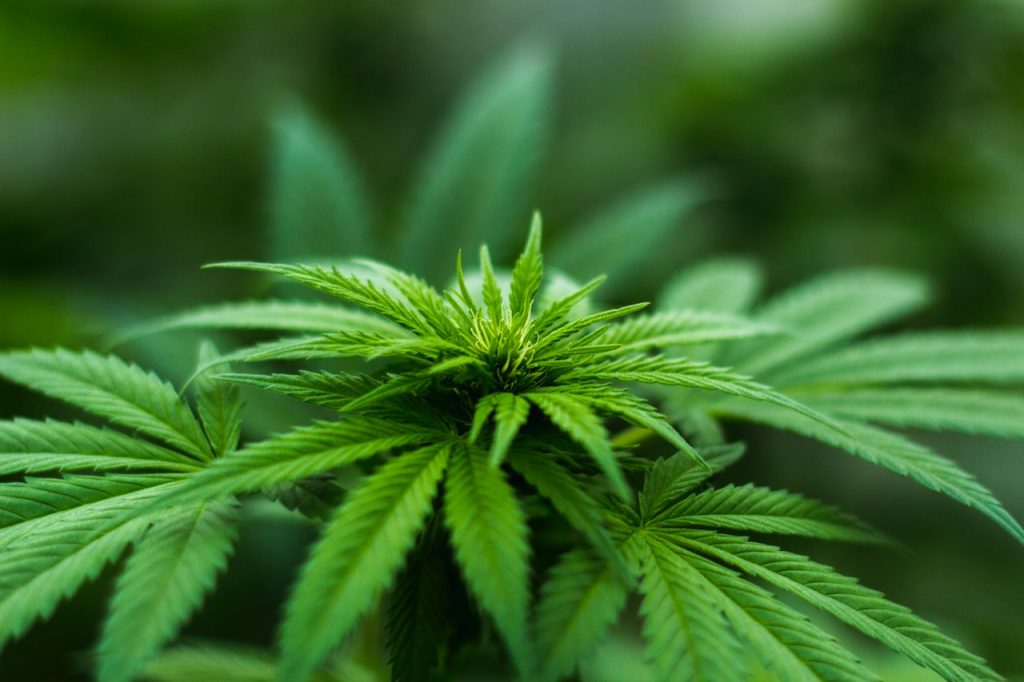Whether you’re a first-time user or smoker, there are several effects of marijuana that you should be aware of. Learn about the short- and long-term effects of marijuana use.
Short-term and Long-term effects.

Marijuana is a drug that’s typically used to relieve symptoms of anxiety, depression, and other conditions. It’s also been shown to have short-term effects on brain function.
The short-term effects of marijuana depend on the user’s age, weight, and history with the drug. Generally speaking, young people tend to experience more acute effects than older users. These effects can include impaired coordination, difficulty thinking clearly, trouble sleeping, and a decreased ability to process information.
Long-term marijuana use has been linked with several health problems, including addiction, schizophrenia, lung cancer, and reproductive issues. While some of these risks are likely because marijuana is an illegal drug and there’s not much research into its long-term effects, others are likely because marijuana is a psychoactive substance. This means that it affects your brain in ways that can have lasting consequences.
How does Marijuana affect the Brain?
Marijuana has been shown to have several effects on the brain, both positive and negative.
The most common effects of marijuana on the brain are cognitive impairments, such as impaired memory and concentration and altered thinking processes. It also seems to increase anxiety and paranoia, which can be dangerous if not treated.
Research has been conducted into the long-term effects of marijuana on the brain; there are some indications that it may have negative consequences. One study found that people who use marijuana regularly have lower IQs than people who don’t use it at all. Additionally, marijuana users are more likely to suffer from memory loss and concentration problems.
However, marijuana can also have positive psychological effects on users. For example, it can relieve stress and tension, improve sleep quality, and reduce symptoms of depression and anxiety. Some people even use it to treat various medical conditions like chronic pain or cancer chemotherapy side effects.
How does marijuana affect the immune system?
Marijuana is a plant that contains a compound called THC. THC is what makes marijuana psychoactive, and it’s also what causes the user to experience the “high” that they’re looking for.
Regarding the immune system, researchers have found that THC can inhibit the function of white blood cells (macrophages and lymphocytes). This means that marijuana can increase your risk of various infections, including those caused by bacteria and viruses.

It’s also worth noting that marijuana use can adversely affect your memory, focus, and coordination. So if you’re thinking about using marijuana to improve your mood or relieve pain, be aware of the risks it may impose on your health.
Many believe that marijuana should be legalized everywhere because of these benefits. Many people also believe that marijuana should only be used for medical purposes and that recreational use should not be allowed.
Ultimately, it’s up to the individual to make their own decision about whether or not they think marijuana should be legalized. However, if you’re considering using it yourself, it’s important to know the risks involved.












